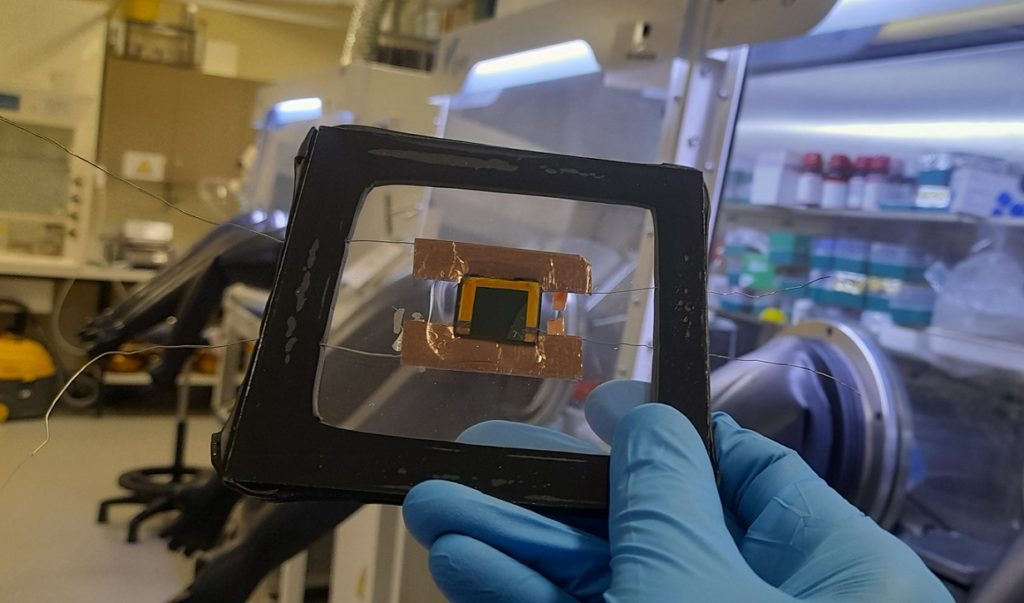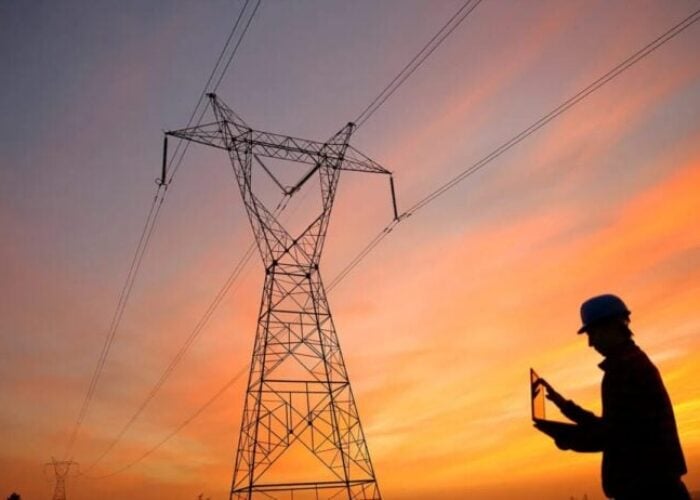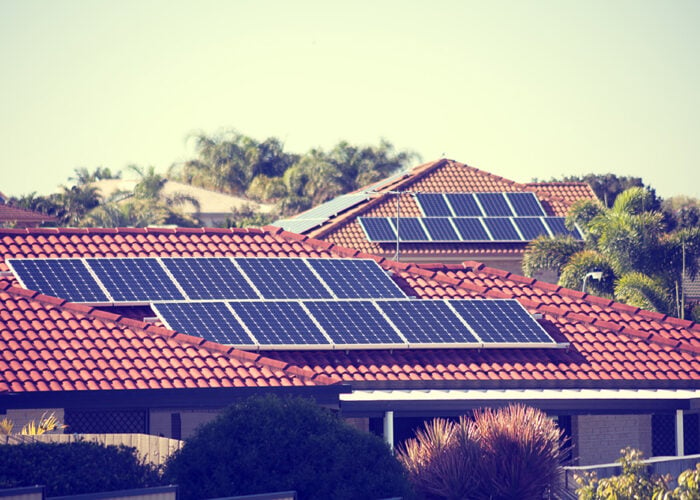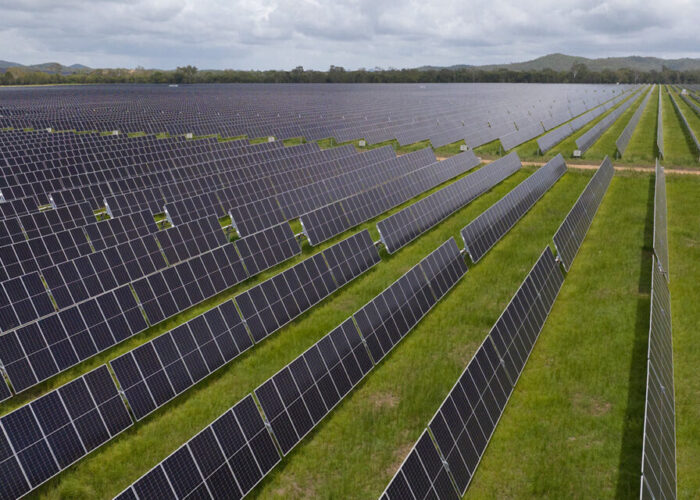
The Australian government of New South Wales (NSW) has launched an A$275 million (US$178.7 million) initiative aimed at renewables manufacturing.
The Net Zero Manufacturing Initiative is divided into three programmes, covering renewables manufacturing, clean technology innovation and low-carbon product manufacturing. The scheme will allocate up to A$150 million for renewables manufacturing.
Unlock unlimited access for 12 whole months of distinctive global analysis
Photovoltaics International is now included.
- Regular insight and analysis of the industry’s biggest developments
- In-depth interviews with the industry’s leading figures
- Unlimited digital access to the PV Tech Power journal catalogue
- Unlimited digital access to the Photovoltaics International journal catalogue
- Access to more than 1,000 technical papers
- Discounts on Solar Media’s portfolio of events, in-person and virtual
The goal of the renewable manufacturing programme is to increase the domestic capacity to make the components for renewable energy projects, such as solar cells, or the supply chain parts for the renewable energy transmission. Projects under the scheme could include the construction of new plants.
The clean technology innovation programme also aims to accelerate the research, development and commercialisation of emerging clean technologies, such as prototypes of next-generation residential batteries.
Chris Minns, NSW’s Premier, said: “The Net Zero Manufacturing Initiative offers funding for small and medium businesses wanting to pilot new technology within their premises.
“These grants will bolster local manufacturing in the renewables and clean-technology industries, ultimately delivering more local, secure jobs.”
Successful applicants – for renewable manufacturing – will be required to have the projects operational within four years of contract execution and no later than 30 June 2030. Each application can be awarded between A$5-50 million.
Expressions of interest are already open and will remain until 19 April 2024 for renewable manufacturing and 5 April 2024 for clean technology innovation. More details regarding the grants and how to apply can be read here.
Australia’s upstream investment
Over a year ago, the Clean Energy Council called on the Australian government to respond to the US Inflation Reduction Act, to avoid damaging Australia’s competitiveness across all industries, with particular attention for the renewables sector.
More recently, and in the neighbouring state of Queensland, investment manager Quinbrook Infrastructure Partners acquired a 200-hectare site to build a polysilicon production plant in Townsville. The company did not disclose the manufacturing capacity of the plant at the time of the announcement.
A report from the Australian Renewable Energy Agency (ARENA) earlier this month outlined Australia’s potential to establish a domestic solar PV manufacturing industry. By 2030, ARENA expects the country will be able to establish 10GW of annual polysilicon purification capacity and 5GW of ingot, wafer, solar cells and modules annual nameplate capacity.
At the downstream level, private investment in solar PV tumbled in 2023, with only six renewable projects reaching financial close in the first nine months of last year, amounting to nearly A$375 million and 509MW of planned capacity.
In an attempt to stimulate investment into the country’s energy transition, the Australian government announced the backing of 32GW of renewable energy generation and energy storage capacity last November. This capacity would represent nearly half of the demand on Australia’s national energy market (NEM).







